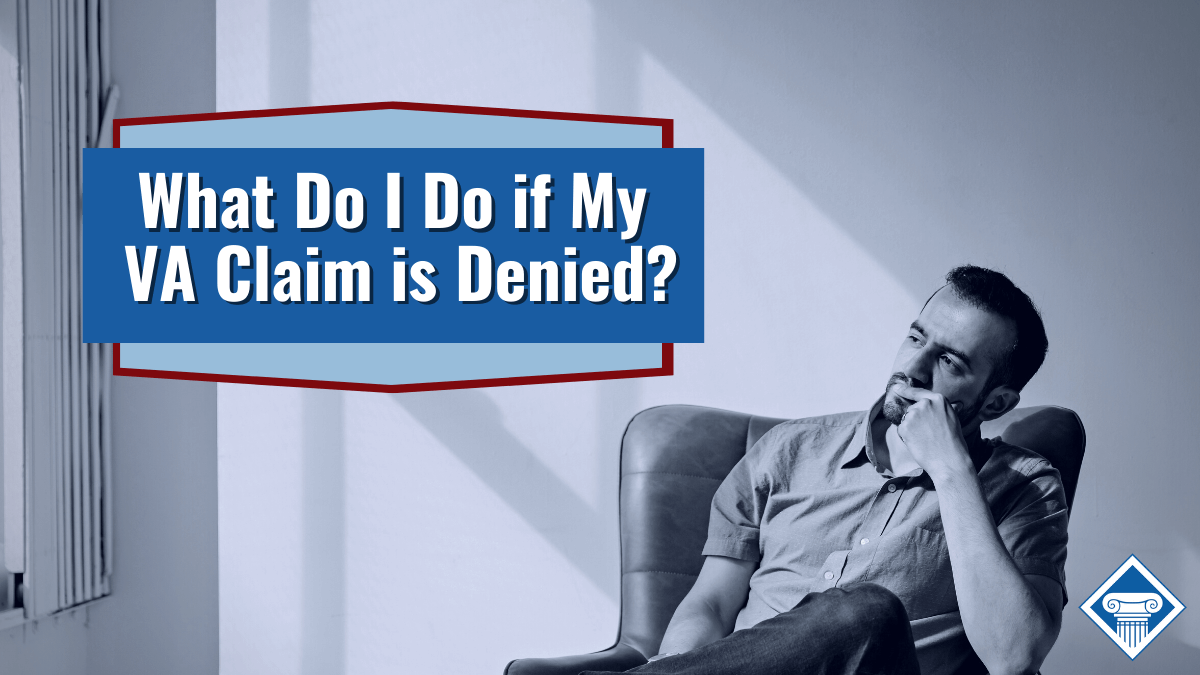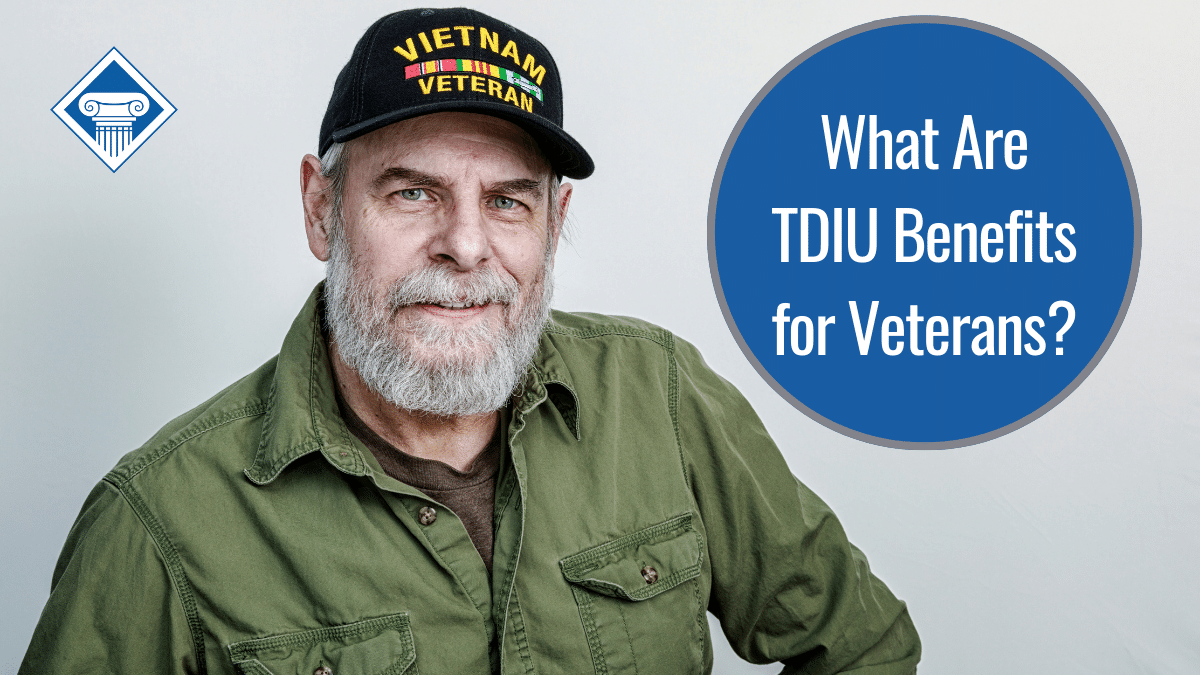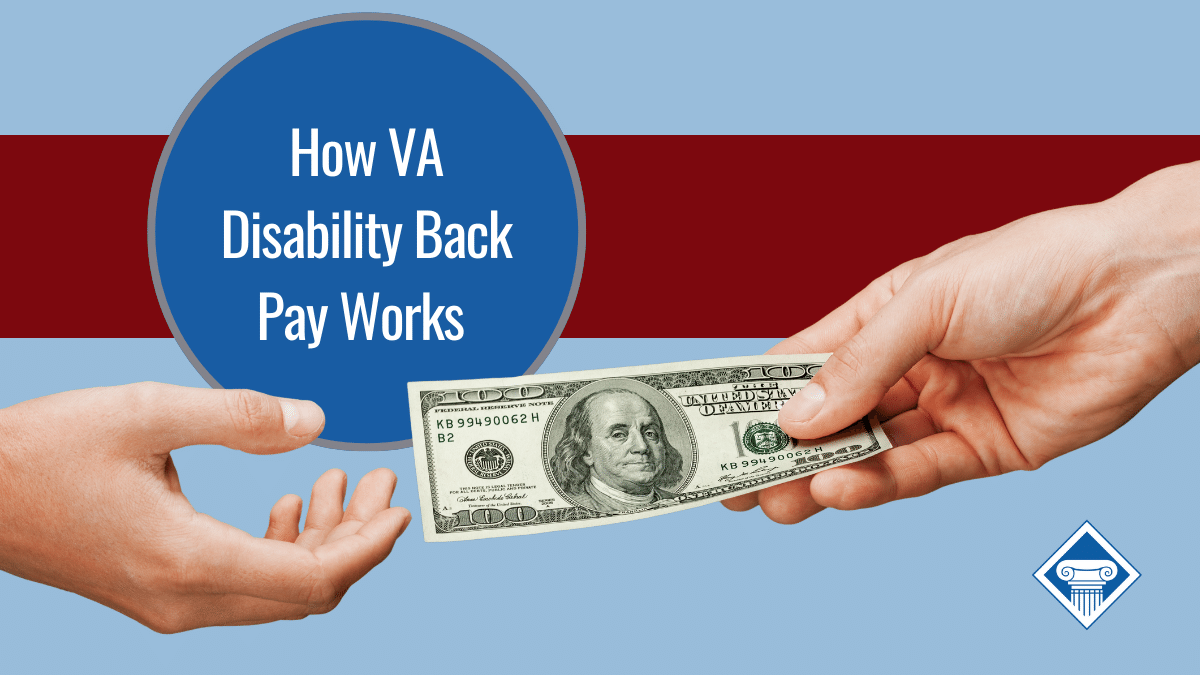Was your spouse a veteran?
When a spouse dies from a disability connected to military service, the surviving spouse faces the responsibilities of caring for their family, their finances, and themselves while enduring a significant loss.
If you’re the widow of a veteran who died from a service-connected disability, even if the veteran’s cause of death has not yet been service-connected, the VA may owe you Dependency and Indemnity Compensation (DIC).
Applying for this monthly VA spousal benefit can provide some financial relief during an undoubtedly difficult time.
Why choose Woods and Woods
for your VA DIC benefits claim?
You could receive more than $1,612.75 a month.
As the surviving spouse of a disabled veteran who lost their life to a service-connected condition, you can receive a monthly payment of $1,612.75. If you’re disabled or have a dependent under 18, you may be eligible for even more than that. We know financial compensation won’t erase the grief of losing a loved one, but DIC benefits can help you keep up with the bills while you look after yourself and your family.
We work with veterans and their families nationwide.
Woods and Woods is a family-owned, nationwide law firm. Whether you’re in New York, California, or anywhere in between, we have won DIC claims for veteran families all over the country.
We’re accredited by the VA.
All of our attorneys have the required accreditation to represent you before the VA. This means we can legally communicate with the VA on your behalf and are held to a higher ethical standard than non-accredited representatives. Our membership in the National Organization of Veterans’ Advocates also provides our attorneys access to critical legal resources and a community of legal representatives who champion veterans.

Is applying for DIC benefits
worth the time and trouble?
See how much
our clients have won.
A veteran’s wife from Kentucky was denied benefits by the VA after her husband’s death in 1996. We appealed this decision, proving the veteran’s death was service connected and helping his widow get the full compensation she was owed.
A Vietnam veteran’s spouse in Georgia sought DIC benefits after the loss of her husband. Prior to his death, we also represented her husband, an Air Force veteran who was exposed to Agent Orange. We were able to help them both get the full benefits they deserved.
Read client testimonials.
Where do I start?
Call us or fill out the contact form. We’ll take it from there.
Talk to Us About Your Claim:
(812) 426-7200








